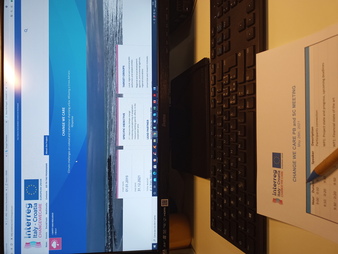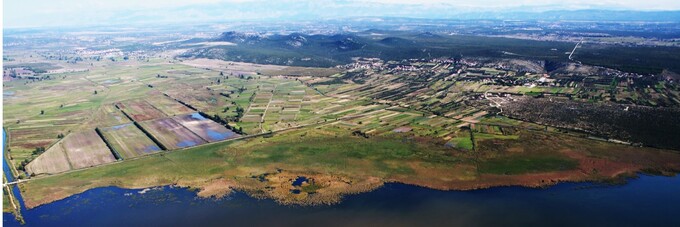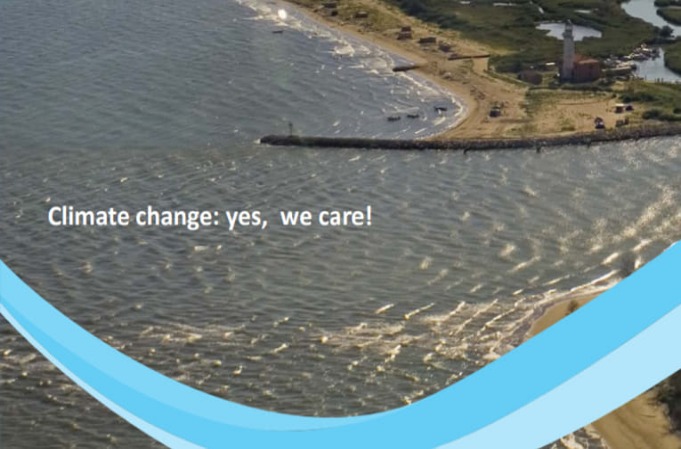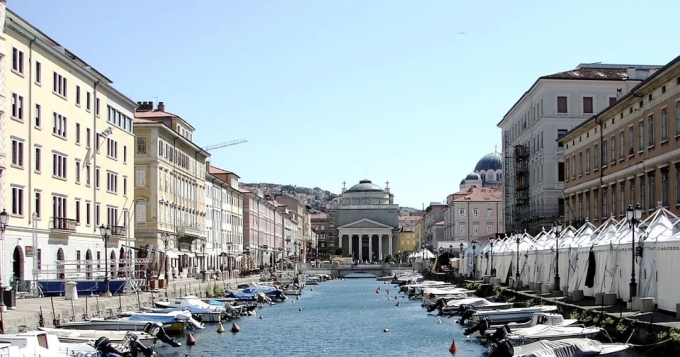The first workshop (Metković City Library, City of Metković, Dubrovnik-neretva county, 30th March 2021) was aimed at presenting the results of previous research and experiences of the impact of climate change on agriculture, fisheries and ecosystems in the area of the Delta Neretva ecological network and defining the objectives and activities to carry out in cooperation with stakeholders . During the second workshop (Opuzen City Library, City of Opuzen, Dubrovnik-neretva county, 30th August 2021) the adaptation measures to different climatic scenarios for Delta Neretva ecological network area were presented according to the results obtained by the monitoring activities of physico-chemical factors of climate change and the mapping of target fish species. Water resources, agriculture, fisheries and aquaculture and biodiversity were identified as the most sensitive sectors of Delta Neretva. For ech sector a plectora of possible mitigation and adaptation measures were identified. In the third Workshop (Public Open University Ploče, City of Ploče, Dubrovnik – Neretva County, 20th September 2021) the Action Plan for adaptation to expected climate change containing proposed mitigation measures were presented and the goals and activities defided. In the context of sustainable management of aquatic ecosystems, the importance of preventing illegal activities was emphasized and the education of local people about climate change issue and environmental protection through the launch of a web platform or mobile application has been identified as an activity to be strengthened. The intensive agriculture has been recognized as a major pollutant, and for this reason the development of an organic agriculture has been recognized as an important factor for preserving spatial resources. As a more sustainable fishing is a prerequisite to protect biodiversity, directing eel hunting into demonstration hunting for tourist purposes has been recognized as a measure that may contribute at reducing overfishing of eels. The importance of tourism branding has been highlighted with the aim of promoting the sustainability of the area and the construction activities of temporary partitions have been recognized as a solution to the challenges for the conservation of aquatic ecosystems.
Here the Follow-up report of the three events.




